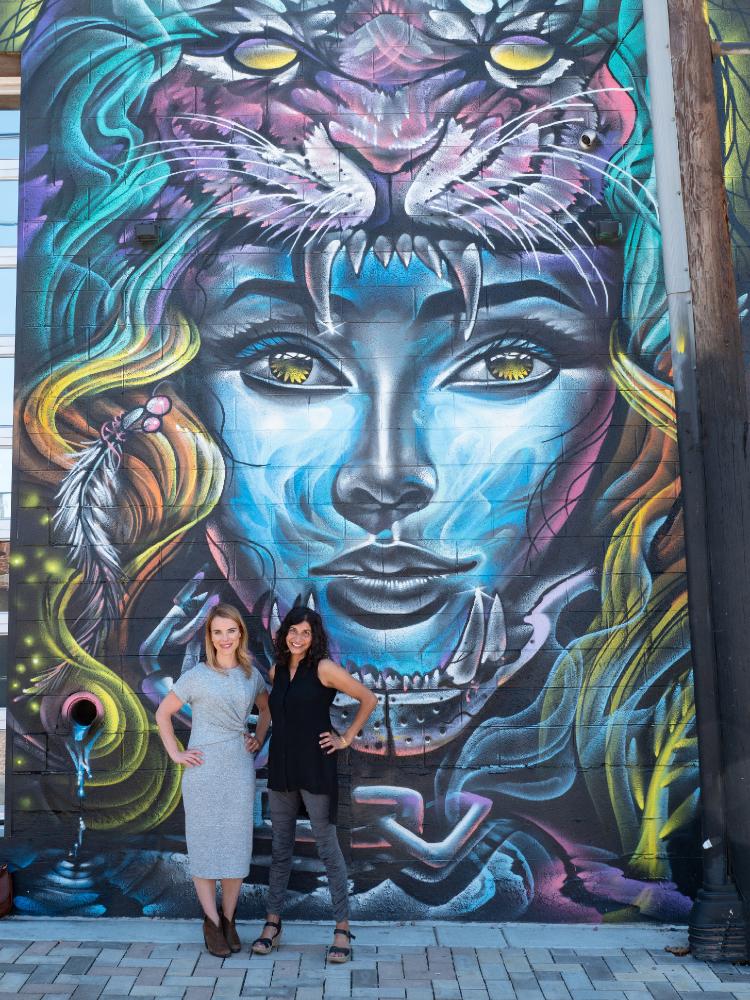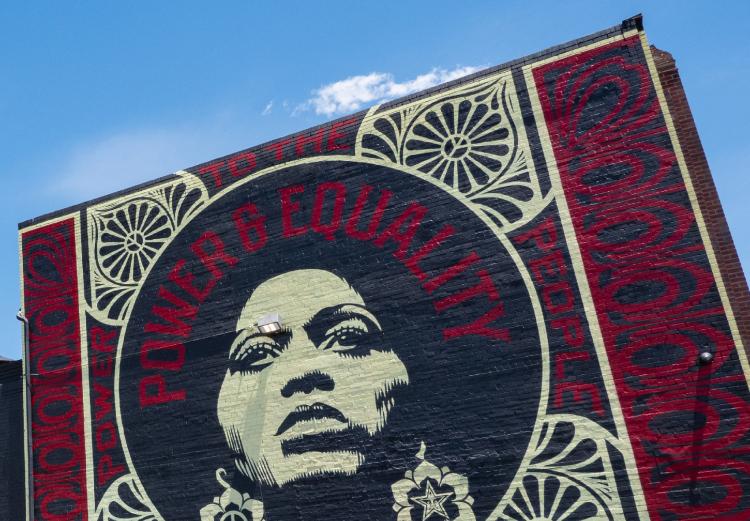5 Dimensions of community-engaged research

We have refined strategies for making visible partners’ diverse forms of expertise and visions for the future through our collaborative work with a nonprofit in a culturally vibrant neighborhood with a large Latino population and a history of community activism. For five years, we worked with local promotoras to respond to their desire for a training curriculum. Promotoras are neighborhood residents who act as liaisons between their community social networks and organizations that promote community change. Instead of building a static curriculum in the form of a bound book, we jointly developed a dynamic software application that allowed promotoras to document, analyze and share their own professional practices. This design emerged from ethnographic fieldwork founded in trusting relationships that helped us understand the dynamic nature of the promotoras’ professional practices and lived experiences.
A risk in community-engaged research often involves the uses and abuses of power. If we do not attend to how power dynamics shape relationships between community members and researchers, we can undermine or replace community-based knowledge and practices or, in the opposite direction, we may resist sharing our knowledge and expertise out of fear of domination. In these ways, we risk reproducing historical inequities and blocking opportunities for transformative action. We must always strive toward the goal of developing equitable research collaborations where genuine dialogue can emerge. Because what counts as equitable is dynamic, our work toward it needs to be responsive and principled. Researchers and community partners need to engage in continuous analysis of the social and historical contexts that shape the present and how we may be implicated in furthering injustice. This work is challenging but necessary. To share what we have learned from our work with community partners, we developed a community-engaged framework that we hope can support researchers in orienting their work around equity.
We identified five dimensions of engaged research regarding equity:
1. Establishing partnerships
2. Developing trust
3. Working with language differences
4. Planning for action
5. Considering outcomes and sustainability

Community-engaged researchers need to strive for greater transparency of goals, methods and values. With this aim at the foreground, we offer a set of practical suggestions for moving forward with this framework as a guide for collective work toward equity: (1) Engage in broad ethnographicresearch to understand community values and practices. (2) Cultivate relationships of politicized care and committed action. (3) Embrace linguistic and representational diversity as a way to gain a deeper appreciation of partners’ perspectives and values. (4) Practice critical reflection on goals and methods with humility and generosity.
We present these suggestions to facilitate the development of equity-oriented research partnerships. We think that attending to these issues can be a starting point to support methodologies that can promote greater justice.

